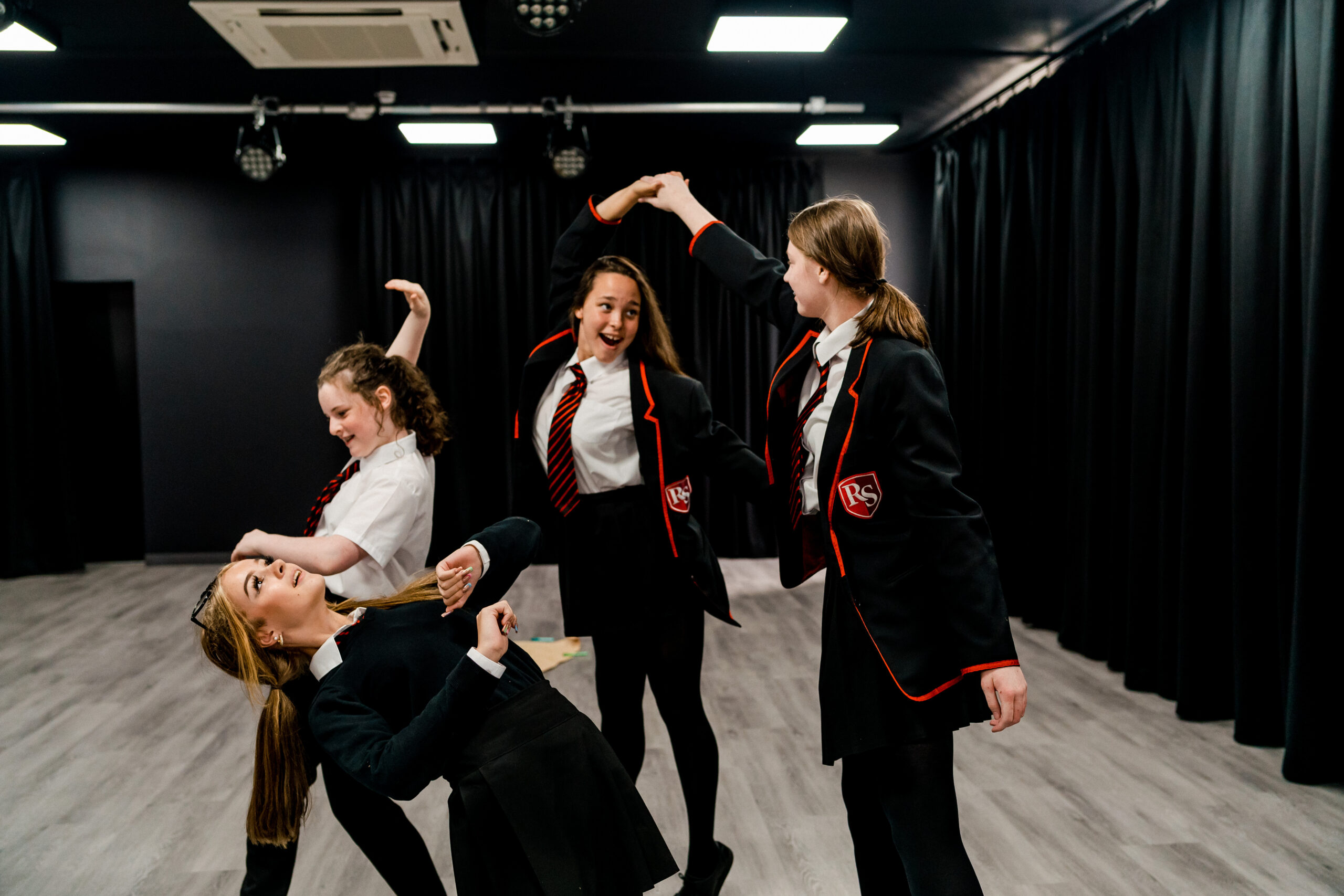
PSCHE
Our PSCHE programme includes issues such as:
• Challenging stereotypes by examining different strands of identity e.g., what makes a person a unique individual, rather than looking at groups of people as separate entities.
• Challenging general views of any groups of people whether based on race, sex etc.
• Examining notions of race and how we can void us/them approaches to race.
• Exploring key individuals and their roles in challenging sterotypes.
• Challenging young people to think about their place in the school, the community, and the world how they are going to positively influence the world around them.
Through discussion and debate, PSCHE allows all learners to become healthy, independent, and responsible members of society. It aims to help them understand how they are developing physically, emotionally, and socially, and allows pupils to discuss and debate many of the moral, social and cultural issues that are part of growing up in modern Britain. The curriculum aims to develop skills and attributes such as resilience, self-esteem, risk-management, team working and critical thinking in the context of individual and grouped learning.
The academies values of excellence and kindness run through every lesson, and we want all pupils to feel confident to articulate their opinions and feelings within the inclusive PSCHE curriculum no matter what their religion, colour or sexual orientation. Every pupil deserves to feel that they are listened too, respected and that their opinions count.
There are 6 key themes within the PSCHE curriculum. They are Physical wellbeing, Mental wellbeing, Relationship and Sex education (RSE), Citizenship & Political literacy, Financial Future & Careers and Living in the Wider world. A 5-year age-appropriate spiral curriculum is in place which builds on key facts, concepts and skills learners require to thrive across each theme. The sequencing is developed using national and local research. We also act quickly to address current social trends or affairs which may put our pupils at risk.
Discussion and debate are the common threads that tie every lesson together. The best PSCHE lessons are the ones that organically happen through pupil discussion and debate. Teachers become discussion and debate facilitators ensuring that each pupil’s voice is listened to and challenged where appropriate. Every pupil deserves to feel that they are listened too, respected and that their opinions count.
Every pupil has a PSCHE diary which gives pupils another way to articulate their feelings and opinions as some pupils feel more comfortable expressing themselves through writing rather than speaking in front of the class. This has proved a fantastic insight into pupil wellbeing and has also been used to highlight any concerns. For example, if a student has written about a situation / feeling that is a concern, the safeguarding lead (DSL) is informed, and suitable intervention is provided.
To ensure pupils know and remember more, regular low stakes testing, and mini quizzes are used along with knowledge drills. Every lesson begins with a knowledge drill which assesses prior learning and all lessons have scaffolded discussion and debate questioning embedded. Each lesson concludes with a verbal or written reflection to consolidate learning. These assessment opportunities allow feedback to be given verbally or non-verbally through class book comments or by using the chat function on MS Teams.
Another major strength is the PSCHE self-assessment matrix. This is a hugely important tool that allows the pupil and teacher to track and monitor the understanding within each class. The matrix gives the opportunity for each pupil to analyse (R.A.G) their understanding across each of the 6 PSCHE themes. It is hoped that each pupil will complete the year with a green matrix. However, if we see gaps (Red) within a theme, we can add intervention rapidly and address the misconception. Within the assessment matrix we also have repeated concepts (sticky knowledge) that recur throughout the curriculum in each year. For example ‘I know what CEOP is and how to use it’ and ‘I understand who I can talk to if I have a concern about my mental well-being’ are non-negotiables and every child must understand this. If these are ‘amber’ or ‘red’ we add focused intervention.
RSA has an extensive extra-curricular programme that develops physical, mental and social wellbeing and all clubs can be accessed by all students. No one is excluded. The programme changes each term and reflects the pupil voice, upcoming world events and current affairs.
To reinforce physical, mental, and social wellbeing, pupils are encouraged to perform at least 2 forms of sustained exercise per week. This can be any form of exercise such as walking, running, cycling, or swimming and should aim to last at least 20 minutes.
We also encourage pupils to digital detox and allow time to talk to friends and family as well as listening to music, art therapy and watching something funny on TV.
PSCHE will allow all learners to become healthy, independent, and responsible learners & members of society. Whether they choose to go to college or begin a career they will understand how they are developing physically, emotionally, and socially, and be able to engage in positive discussion and debate around many of the moral, social, and cultural issues that are part of growing up in modern Britain. The development of attributes such as resilience, self-esteem, risk-management, team working, and critical thinking will allow our pupils to thrive to achieve their ‘personal best’ on their chosen pathway.






